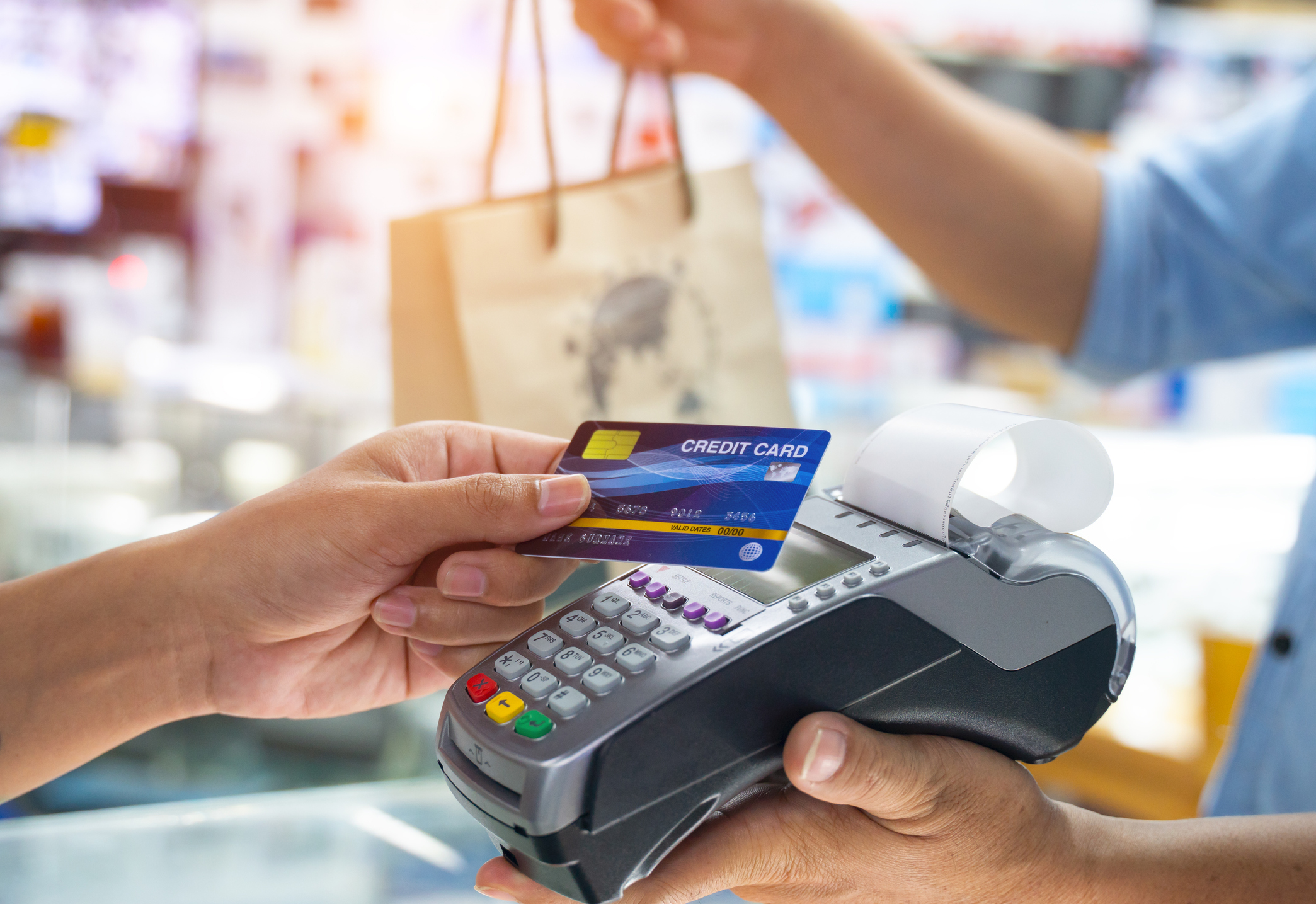Credit Card Spending is on the Rise — What Could That Mean for a Recession?
With credit card spending on the rise, is a recession on the cards for the U.S.?


Profit and prosper with the best of Kiplinger's advice on investing, taxes, retirement, personal finance and much more. Delivered daily. Enter your email in the box and click Sign Me Up.
You are now subscribed
Your newsletter sign-up was successful
Want to add more newsletters?

Delivered daily
Kiplinger Today
Profit and prosper with the best of Kiplinger's advice on investing, taxes, retirement, personal finance and much more delivered daily. Smart money moves start here.

Sent five days a week
Kiplinger A Step Ahead
Get practical help to make better financial decisions in your everyday life, from spending to savings on top deals.

Delivered daily
Kiplinger Closing Bell
Get today's biggest financial and investing headlines delivered to your inbox every day the U.S. stock market is open.

Sent twice a week
Kiplinger Adviser Intel
Financial pros across the country share best practices and fresh tactics to preserve and grow your wealth.

Delivered weekly
Kiplinger Tax Tips
Trim your federal and state tax bills with practical tax-planning and tax-cutting strategies.

Sent twice a week
Kiplinger Retirement Tips
Your twice-a-week guide to planning and enjoying a financially secure and richly rewarding retirement

Sent bimonthly.
Kiplinger Adviser Angle
Insights for advisers, wealth managers and other financial professionals.

Sent twice a week
Kiplinger Investing Weekly
Your twice-a-week roundup of promising stocks, funds, companies and industries you should consider, ones you should avoid, and why.

Sent weekly for six weeks
Kiplinger Invest for Retirement
Your step-by-step six-part series on how to invest for retirement, from devising a successful strategy to exactly which investments to choose.
According to the Bank of America Institute, around 29% of households that earn less than $50,000 per year used credit cards to finance their spending, which could be a factor that could push the U.S. into recession.
Curt Long, chief economist at the National Association of Federally-Insured Credit Unions (NAFCU) told CNBC: “Consumer spending represents more than half of the economy, so if consumer spending is strong, that alone is, generally speaking, enough to keep the economy from slipping into a recession.”
A recession has been anticipated for months given ongoing high inflation (4.9%) and high interest rates, but the U.S. is still not officially in a recession partly due to strong consumer spending.
From just $107.88 $24.99 for Kiplinger Personal Finance
Become a smarter, better informed investor. Subscribe from just $107.88 $24.99, plus get up to 4 Special Issues

Sign up for Kiplinger’s Free Newsletters
Profit and prosper with the best of expert advice on investing, taxes, retirement, personal finance and more - straight to your e-mail.
Profit and prosper with the best of expert advice - straight to your e-mail.
To offset inflation, the Federal Reserve has hiked interest rates ten times throughout the past year however there is a possibility of a pause on further rises, which the Fed chair Powell voiced in an announcement.
Despite a high cost of living and slow wage growth, households are still spending more rather than saving money, according to the U.S. Bureau of Economic Analysis, the saving rate had dipped to 4.6% in February, far below the historic average, around 8%. This dip in savings is a significant change from the high savings seen during the pandemic, when the average person saved around 25% of their income, according to Pew Research Center data.
With rising prices and consumer spending at a high level, low earners are reaching for credit cards. The Bank of America Institute data reveals around 29% of households, earning less than $50,000, use a credit card for their spending. And according to the Federal Reserve Bank of New York, credit card debt in 2023 rose to a record high.
Anna Zhou, an economist at the Bank of America Institute advised that middle-class Americans “rely more on the tax refund to finance their spending,” but tax refunds are down by 8% compared to this time last year according to the IRS, so “a lower refund really has some negative impact on their spending.”
Profit and prosper with the best of Kiplinger's advice on investing, taxes, retirement, personal finance and much more. Delivered daily. Enter your email in the box and click Sign Me Up.

Vaishali graduated in journalism from Leeds University, UK. She has worked for her local news outlet, the Leicester Mercury as well as writing personal finance stories for digital publications, The Money Edit, MoneyWeek and GoodToKnow. When she is not writing about money-saving, deals, finance hacks and other personal finance topics, Vaishali likes to travel and she's a foodie.
-
 Dow Adds 1,206 Points to Top 50,000: Stock Market Today
Dow Adds 1,206 Points to Top 50,000: Stock Market TodayThe S&P 500 and Nasdaq also had strong finishes to a volatile week, with beaten-down tech stocks outperforming.
-
 Ask the Tax Editor: Federal Income Tax Deductions
Ask the Tax Editor: Federal Income Tax DeductionsAsk the Editor In this week's Ask the Editor Q&A, Joy Taylor answers questions on federal income tax deductions
-
 States With No-Fault Car Insurance Laws (and How No-Fault Car Insurance Works)
States With No-Fault Car Insurance Laws (and How No-Fault Car Insurance Works)A breakdown of the confusing rules around no-fault car insurance in every state where it exists.